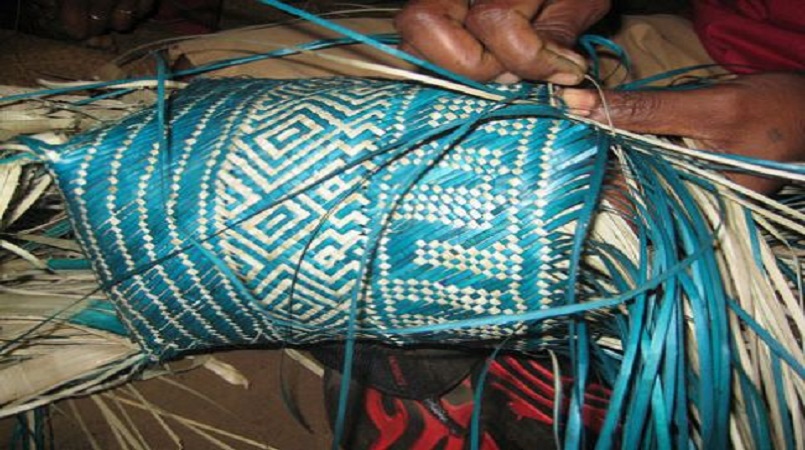
Handicraft makers in Vanuatu have won a new quarantine exemption that allows people to take woven mats and tapa from Vanuatu to New Zealand for items smaller than two metres.
Vanuatu’s Biosecurity negotiated the breakthrough with New Zealand’s Ministry for Primary Industries with assistance from the Pacific Horticultural and Agricultural Market Access (PHAMA) Programme.
The agreement means that Phytosanitary Certificates confirming the absence of live insects are no longer required for items smaller than two metres.
In a statement on 1 February 2016, PHAMA Trade Facilitation Adviser, Semy Siakimotu said an increase in purchase of these handicrafts would be encouraged because of the agreement.
“This will have a positive impact on the livelihoods of handcrafts producers and sellers across the Pacific,” said Mr Siakimotu.
Up until recently, mats and tapa of any size required a Phytosanitary Certificate at additional costs and time, which discouraged tourists from purchasing these handicrafts in Vanuatu.
Meanwhile, PHAMA Tonga advised that unfortunately no such agreement exists with Tonga and that visitors and locals travelling to New Zealand still need to comply and gain Phytosanitary Certificates for mats and tapa of any size. This requirement was also confirmed by Tonga’s Ministry of Agriculture, Food, Forests and Fisheries.
PHAMA was established in 2011 as an aid-for-trade programme funded by the Australian and New Zealand Governments and helps exporters meet trading partner’s regulatory requirements and quality standards. PHAMA operates in Fiji, PNG, Samoa, Solomon Islands, Tonga and Vanuatu.
